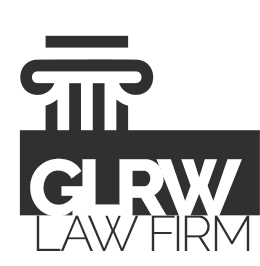
19 May My Tenant Filed Bankruptcy! Now What? A guide for New Jersey Landords
If you are a landlord in New Jersey, you are probably already aware that the law is skewed heavily in favor of tenants. A tenant’s protections only become stronger once he files for bankruptcy. Immediately once a tenant files for bankruptcy, it puts in place what is known as the “automatic stay,” meaning that all debt collection activity must stop at once. If you have an eviction pending, the eviction is immediately put on hold until if and when you get permission to proceed from the bankruptcy court. Even if you have gone through with the eviction and have a lockout scheduled, that too must be postponed. Further, a landlord should not even contact the tenant to inquire about any rent that is due and owing; any act that can be construed as “debt collection” while the tenant is under automatic stay protection exposes a landlord to thousands of dollars in fines and penalties. To be clear, while many tenants file bankruptcy in a legitimate attempt to organize their debts, there may be just as many who file bankruptcy specifically to disrupt a landlord’s lawful right to pursue rent due and owing and retake possession of a property.
If a New Jersey landlord wishes to continue with the eviction after the tenant files bankruptcy, she must file what is called a Motion for Relief with the bankruptcy court. The act of filing bankruptcy does not mean that a tenant gets to live rent-free indefinitely. However, the landlord must file this Motion to ensure that she has permission from the bankruptcy court to continue with the eviction. The timing of when the landlord can file for this Motion depends largely on the type of bankruptcy the tenant files. If a tenant files a Chapter 7 bankruptcy, the tenant is not going to pay back rent arrears that accrued prior to bankruptcy, so a landlord is therefore entitled to move for relief immediately. On the other hand, if the tenant has filed for a Chapter 13 bankruptcy, there is the expectation that the tenant will both pay back the arrears owed prior to bankruptcy, and continue to pay rent moving forward. The landlord should file a proof of claim with the bankruptcy court, to ensure that her interests as a creditor are represented and that the arrears are promptly repaid. If the Chapter 13 plan does not provide for the prompt cure of the rent arrears, the landlord can object to the plan. Then, if the tenant has not paid post-bankruptcy rent by the fifteenth day of any month moving forward, the landlord can file the Motion for Relief to obtain permission to move forward with the eviction. However, the landlord must keep in mind that this relief only applies to the right to retake possession of the rental property; once the tenant has been removed from the rental unit, the landlord should not expect the arrears to be paid back through the bankruptcy, nor can she bring a separate lawsuit to recover the money owed, as this would violate the automatic stay.
If you are a New Jersey landlord whose tenant has filed bankruptcy, it is always in your best interests to speak with a qualified, experienced attorney who will advise you accurately on the law, to make sure both that your rights are protected, and that you are not needlessly exposed to liability. Please contact Weishoff and Richards, LLC at (609) 267-1301 or here on our form to set up a consultation today. Our attorneys have years of experience handling both eviction matters and bankruptcy actions and are happy to provide specific, honest legal advice about your matter.



Sorry, the comment form is closed at this time.